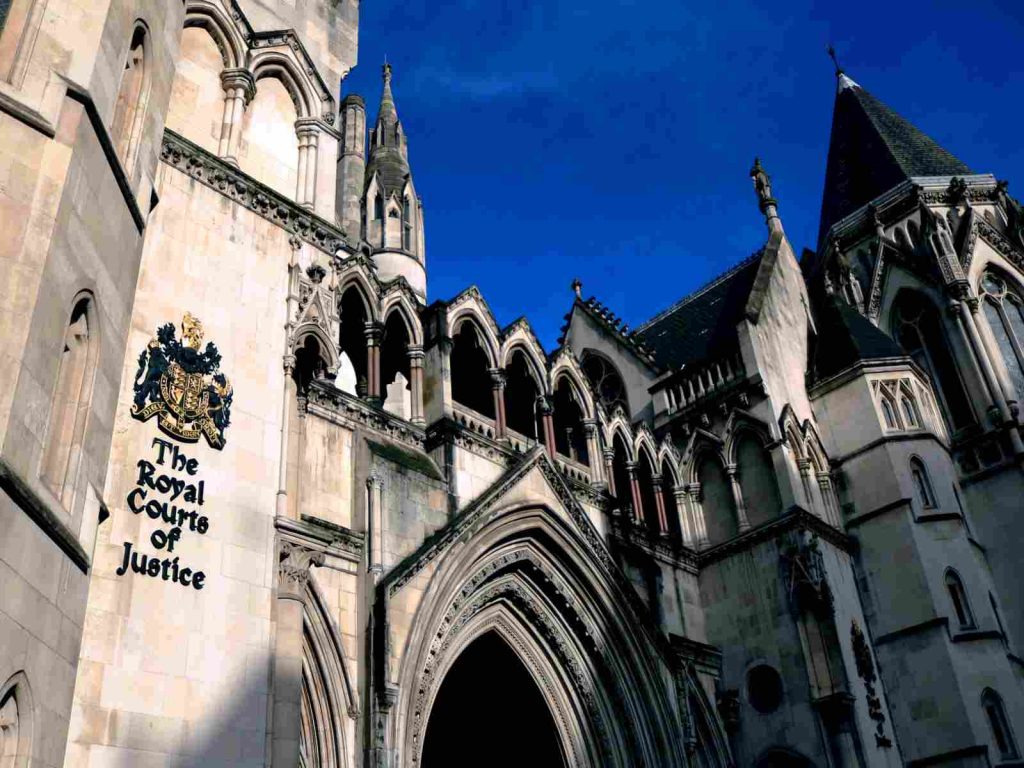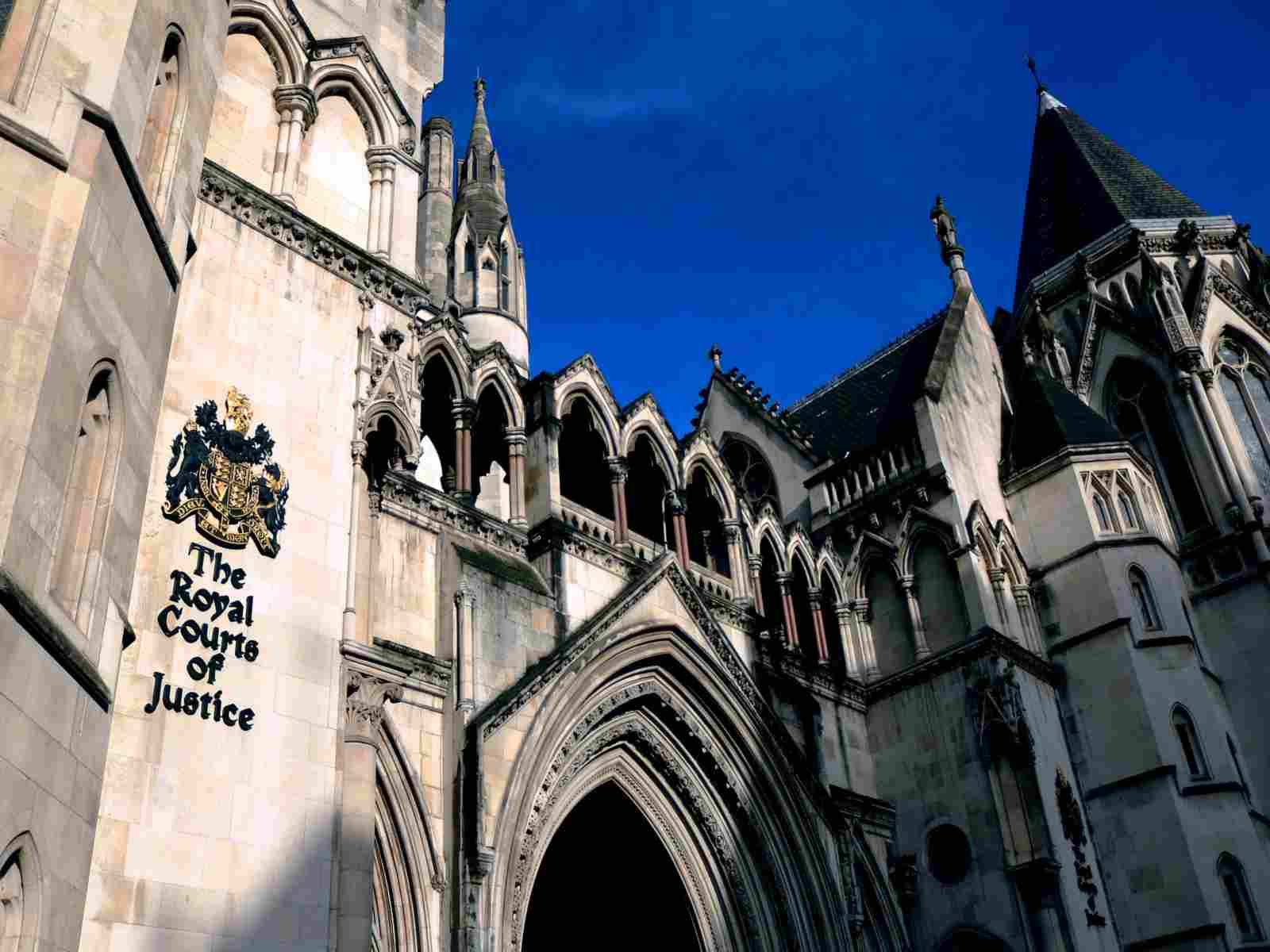The UK’s long-standing commitment to the rule of law has ‘regressed significantly on multiple fronts’, according to a leading law reform group. In a report published yesterday (The State We’re in: Addressing Threats & Challenges to the Rule of Law), the legal reform charity JUSTICE observed that ‘over the past decade and particularly in the last five years, the process of law-making has become less transparent, less accountable, less inclusive, and less democratic’. This phenomenon, said JUSTICE, had a ‘corrosive’ effect on the ‘five rule of law benchmarks’ set out by the Venice Commission, encompassing the principle of legality, human rights, legal certainty, access to justice and equality and non-discrimination.
‘There are multiple reasons why we have reached the parlous state we are in,’ said Fiona Rutherford, the Chief Executive of JUSTICE. ‘Each one viewed in isolation does not amount to the wholesale negation of the rule of law – but taken together they create a picture suggesting that the rule of law is being incrementally undermined.’
‘We believe we have reached a tipping point and are determined to highlight a route back, before the UK’s standing both at home and abroad is fatally diminished for a generation.’
In their report, JUSTICE identified the poor conduct of public consultations, which are ‘valuable for ensuring the Government considers a wide range of views and evidence’, as one of the recent developments that have undermined the UK’s commitment to the rule of law. This, according to the law reform group, was made clear by the lack of pre-legislative scrutiny of the Illegal Migration Act 2023, ‘despite its profound implications for the UK’s asylum system and human rights adherence’, and by the complete side-lining of the Bill of Rights Bill consultation in spite of ‘up to 90%’ of consultees voicing opposition against the proposals.
JUSTICE also pointed towards the ‘growing legislative disregard for human rights’, the widespread impacts of legal aid cuts on access to justice, and the increasing prevalence of ‘Henry VIII’ powers – allowing ministers to amend or repeal laws through secondary legislation with little parliamentary oversight or scrutiny – as additional factors that have undercut the UK’s adherence to the rule of law. Approaches to tackling inequality and discrimination were further described as ‘unfit for purpose’ in the report. In addition to the Equality and Human Rights Commission’s budget plummeting ‘from a peak of £70.3 million in 2007 to £17.1m today’, discrimination – said JUSTICE – has often gone ‘entirely undetected’ due to ‘data being uncollected, unpublished, or of poor quality’.
‘The past five years have seen an escalating trend in legislation and policy which fundamentally challenge human rights protections in the UK, from the ‘Spy Cops’ law to the Illegal Migration Act,’ said JUSTICE’s President, Baroness Helena Kennedy of the Shaws KC. ‘As a consequence, the rule of law in this country is under unprecedented threat, and reversing this trend will take hard work and consensus across the political spectrum. We call upon all policymakers to properly consider this report and act upon it.’
‘The UK should be leading the way as a stalwart in the rule of law and democracy, not rolling back domestic protections.’
Recommendations
- The Government must be prepared to take bold action, including repealing some of the more problematic legislation passed since 2019. While not exhaustive, this recommendation concerns at a minimum the Covert Human Intelligence Sources (Criminal Conduct) Act 2021, Parts 3 (Public Order) and 4 (Unauthorised Encampments) of the Police, Crime, Sentencing and Courts Act 2022, the Public Order Act 2023, and the Illegal Migration Act 2023. While covering a range of important areas of public policy, it is clear that rights-based considerations were neglected or totally ignored. This is not to say that the status-quo prior to the introduction of the Acts was satisfactory, but rather that their impact represents a significant deterioration in protections for the groups concerned.
- The use of ‘skeleton legislation‘ should be treated by Government as exceptional, not convenient. JUSTICE affirmed recommendations by several House of Lords committees and the Bingham Centre for the Rule of Law, “skeleton legislation should be reserved for the most exceptional cases”, and where it is sought, the Government should fully explain and justify why such a Bill or clause is necessary. Broad delegated powers should not be included within a Bill merely to paper over poor policy development at the primary legislation stage.
- The Government must reduce its reliance on the use of ‘Henry VIII’ powers. If such powers are sought, they must be tightly drafted to ensure that they are used only when it is objectively necessary, they cannot be justified “solely by the need for speed and flexibility”.
- The Government should strengthen public ownership of human rights. The trend of human-rights-diminishing legislation suggests the Government is confident that the public does not value human rights. Whereas, in fact, 73% of UK adults believe that rights, laws, and protections must apply to everybody equally.
- The Government must cease to use inflammatory language that disparages the legal profession. Both lawyers and the judiciary play a crucial role in supporting the rule of law and, in particular, facilitating access to justice. Hostile comments, such as referring to an “unelected judiciary” or claiming lawyers are “abetting the work of criminal gangs” undermines the public’s perception of the judiciary’s independence, as well as the motives of lawyers.
- The Government must prioritise tackling inequalities, for example through making Equality Impact Assessments mandatory part of the legislative process. This will help legislators to ensure they comply with their Public Sector Equality Duty, increase transparency, and provide a clear rationale for the Government’s position and decision-making in the event of judicial review proceedings.








